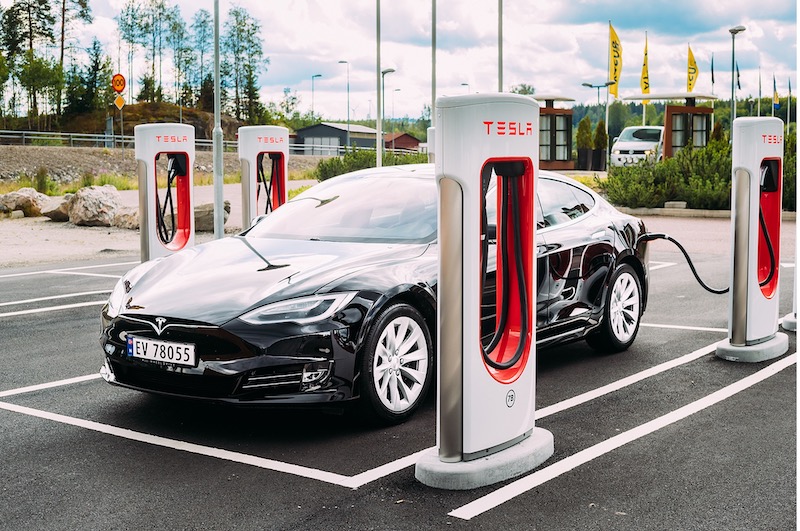The impact of net-zero carb emissions – new goals for big tech and Silicone Valley

In the last decade, the value of major tech companies and atmospheric CO2 concentrations rose parallel to one another, according to the International Energy Agency. The impacts of technology companies and organisations on the environment are relatively low compared with their economic, financial, and social footprints. The fact that these companies have such a significant financial impact, in addition to their considerable scientific and cultural influence, is why they should be advocating for and lobbying for governments to reverse the inevitable consequences of climate challenges.
![]()
Big tech – think ‘clean tech’; what is Silicon Valley doing?
According to the Financial Times, the founder of Google’s green energy start-up, Martin Roscheisen once led a company that he envisioned would usher in a green revolution by making solar power cheaper than energy from fossil fuels. Having studied computer science with Google’s Larry Page and Sergey Brin at Stanford, the Austrian entrepreneur had witnessed the dot-com boom and bust and believed green energy would lead to fortunes for Silicon Valley investors. By bringing green, renewable and sustainable energy options like solar or wind-powered energy to the tech city, Big Tech by itself sets a precedent to smaller and competing companies to achieve the same sort of “green” status of being eco-friendly and environmentally conscious.
![]()
Further, with Silicon Valley going green and making the move towards not just the type of energy it consumes to power this mega-village of creative geniuses, it also paves the way to show other industries in other cities how easy and viable it is to function and exist while doing whatever you can to protect the earth. Investors are flocking to green energy producers to put money behind solutions that fight climate change, ranging from battery storage to sustainable aviation fuel and lab-grown meat (read more here).
Electric cars – is it tech or automotive? Well, it’s both.
One notable and in fact, popular tech billionaire, Elon Musk’s very own Tesla is a perfect example of how tech can go green all while maintaining the very essence of convenience, luxury and relative affordability. Despite Tesla being a car, the engineering, craftsmanship and ideas behind it still fall relevant to the tech industry. The rechargeable, battery-powered car has gained a lot of traction in the United States not for what the car itself has to offer, but how efficient, easy and accessible Tesla has made power and charging points throughout the country. The multiple features and tech functions the car has to offer such as “dog mode” are all just perks, but a great part of selling Tesla was built into the sales pitch of sustainability, environmentally-friendly and it being futuristic – and that’s what Tesla has become beyond its self-driving auto-pilot function. The car itself offers all the comforts and features of ordinary cars, but still, it is arguably only through technological creativity that it could come to fruition.

So what are big tech’s goals for net-zero carb emissions?
Bloomberg Green reports that out of the 10 greatest profiting companies in the country, four of those were tech companies and of those four, all have committed to reducing their emissions to net-zero by 2050. The promise of reaching net-zero targets is one thing; achieving them is quite another. Bloomberg Green also reports that it has become typical practice for companies to “buy” their carbon offsets, rendering their “sustainability” marketing strategies as simply just that – marketing strategies in an attempt to greenwash their images and align their company values to a wider audience and more conscious global citizen. Regardless, the move towards a greener future presents a great opportunity for future generations to flourish and explore this world beyond what we can today and by investing in companies, startups, ideas and people who are actively seeking to change the world, big tech can lead the way.
![]()
Conclusion
Big tech companies in Silicon Valley are definitely finding ways of trying to reduce their impact on the global climate crisis that has been looming over us for decades. If these companies can come together and lead the way in a greener, more sustainable earth, not only will it benefit the environment, but it will most likely boost their revenue.
